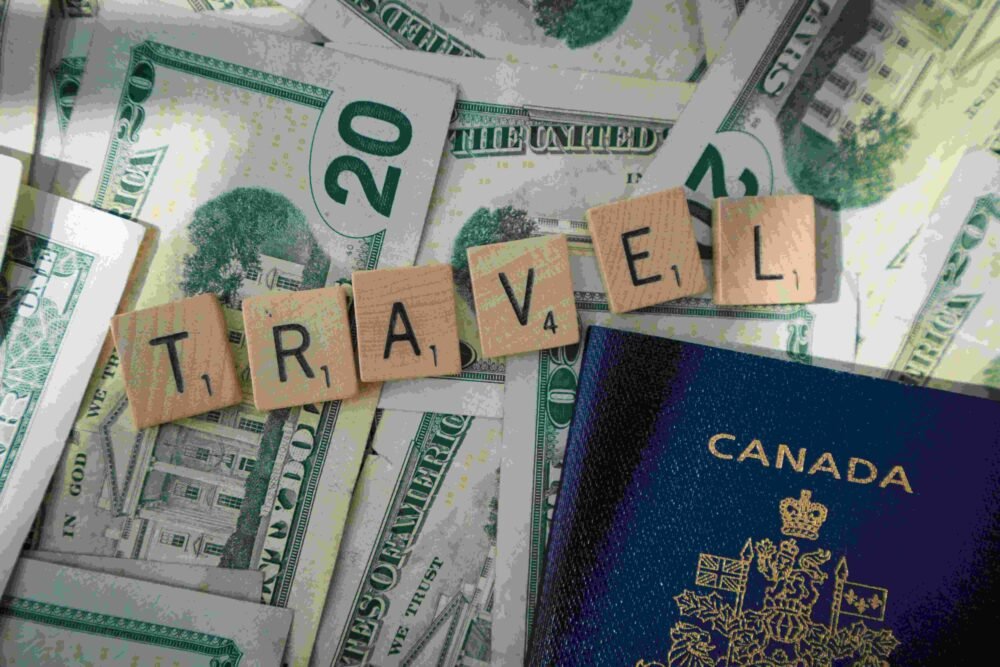Tax planning is something travelers tend to skip because it's boring, confusing, or "someone else's problem.” They forget all the details concerning customs, visas, and itineraries, but not concerning VAT and the travel tax rules.
And that can cost you. Missed declarations, improper duty-free assumptions, or unreported income would otherwise incur fines, interests, confiscations of goods, and even entry denial or border delays. Surprise VAT at checkout will further blow your budget.

This guide is going to cover the basics. You’ll learn the main rules, common pitfalls, and easy steps to stay compliant so you keep your trip stress-free and your wallet intact.
Traveling does not wash away your tax obligations. In most countries, income earned overseas is still considered taxable at home. Also, when you bring goods into the country, there are usually duty-free limits and some customs declaration rules to keep an eye out for. In the event of failure to declare purchases or making more than the allowance, penalties that may involve confiscation, as well as delays at the airport, will be imposed. Apart from paperwork, filing or storing tax documents should also be equally secured.
Many tourists ponder over cybersecurity solutions. Many even resort to alternatives for Kaspersky, through a guide that helps save their sensitive data, reminding us that financial and digital safety go hand in hand when traveling.
Ignoring taxes offshore could come back to bite you hard with surprise VAT burdens and penalties for unreported merchandise. Small mistakes become big problems when tax rules are not known before travel plans are made. Best to know the rules going in; it’ll keep things smooth.
Most nations provide a duty-free allowance to travelers, generally for minimal quantities of alcohol, tobacco, and personal electronics. The thresholds vary dramatically. For example, outside its borders, the EU allows 1 liter of spirits or 200 cigarettes to be duty-free. Typically, goods up to $800 in value can be brought into the U.S. without extra tax imposed on them. Over those limits? Everything must be declared.

Attempts at skipping the declaration may backfire since customs officers do have the mandate of seizing all goods that were not declared, imposing hefty fines, and even flagging your passport for future inspections. It’s all part of customs regulations. Reporting honestly keeps you compliant and saves you from delays and unexpected penalties when getting back home.
For business travelers, certain expenses, such as airfare, lodging, meals, and even conference fees, may be deductible if they’re directly tied to work. Receipts and records need to be kept because, in most cases, the tax authorities will demand proof that the trip was for a professional purpose.
Problems emerge when travelers blend personal undertakings with business journeys. Remaining for vacation, having family accompany them, or posting amusement costs as business travel tax can disqualify their deductions.
Travel tax rules are strictly enforced, and ignoring tax rules for travelers can be expensive. Aside from not declaring goods above your duty-free allowance, most people forget to pay the VAT on high-value items or overstay the duration allowed to claim a refund for tax-free shopping. These aren’t minor mistakes. Customs officers can take your purchases, levy fines against you, or even place restrictions on your future entries.
In some regions, enforcement is stricter. This occurs as governments tighten border and revenue controls. The recent report on VAT fraud by the European Commission indicated that authorities are increasingly cracking down on travelers who avoid paying cross-border taxes. You can only avoid travel tax penalties by staying compliant, as it helps you stay clear of penalties and have hassle-free future travels.
Taxes probably aren’t at the forefront of your mind when planning a trip, but pay no attention to them, and quickly, they will spoil your travel. Starting basics with duty-free allowances and declarations, business expense deductions, and VAT will keep you out of trouble, ensuring you’re not fined or delayed. Also, there is the matter of keeping good records through cybersecurity and thereby protecting sensitive information while out of the country.
Whether you’re traveling for business or pleasure, knowing how foreign countries tax traveling abroad can save you from nasty shocks. A little pre-think before departure means easier borders, better-financed wallets, and more time to concentrate on the experiences that matter.

